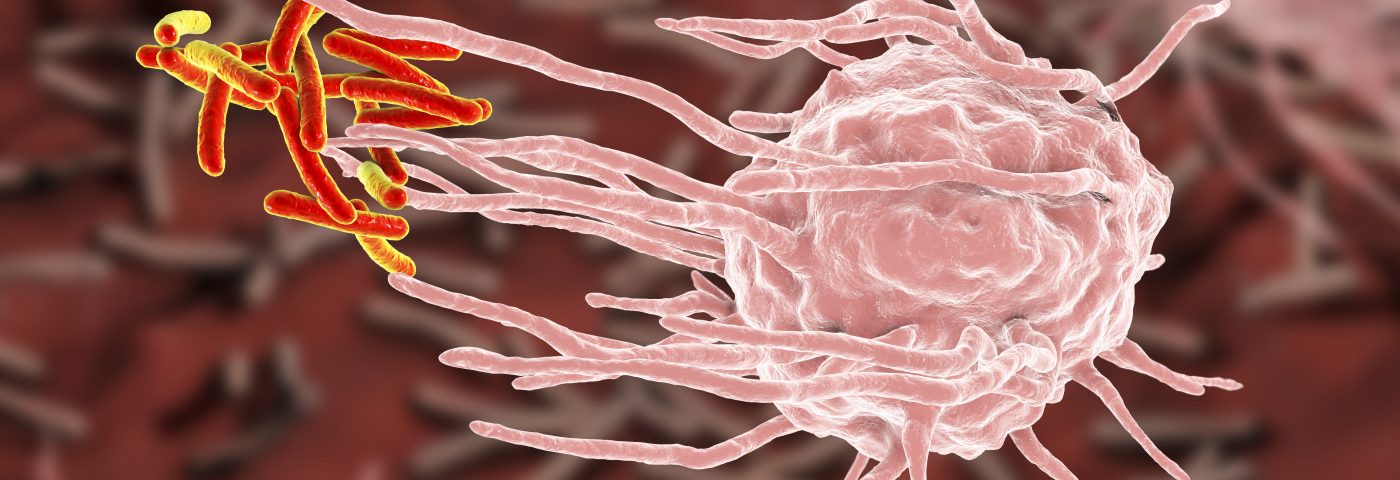A cholesterol metabolite — a byproduct of cholesterol metabolism — triggers an abnormal immune response in inflammatory bowel disease (IBD) further aggravating such diseases, researchers found in a mouse study.
Their study, “Oxysterol Sensing through the Receptor GPR183 Promotes the Lymphoid-Tissue-Inducing Function of Innate Lymphoid Cells and Colonic Inflammation,” appeared in the journal Immunity.
IBD is a chronic inflammatory disease, including conditions such as ulcerative colitis and Crohn’s disease. Possible causes include genetic and environmental factors, such as smoking, or using antibiotics or nonsteroidal anti-inflammatory medications. Stress and depression also raise the risk of IBD.
Irregularities in the immune system is also consider a possible cause of IBD. Abnormal response to normal gut constituents — an autoimmune response — leads to an imbalance of pro- and anti-inflammatory cytokines (molecules produced by immune cells), causing tissue damage.
Innate lymphoid cells (ILCs) are a type of immune cell essential in intestinal barrier surfaces. These cells regulate antimicrobial response, tissue remodeling, and inflammation. ILCs can be part of the autoimmune response in IBD and cause chronic inflammation.
Though recent research greatly advanced knowledge of ILCs and their subgroups, data on the mechanisms controlling the formation of the lymphoid tissue in the large intestine, where these cells reside, are still lacking.
Using genetically engineered mice, scientists at Karolinska Institutet, in Stockholm, demonstrated that cholesterol metabolites, called oxysterols, critically regulate lymphoid tissue development in the colon and may cause colitis through a mechanism involving one subgroup — called Group 3 innate lymphoid cells or ILC3s.
“Group 3 innate lymphoid cells (ILC3s) sense environmental signals and are critical for tissue integrity in the intestine. Yet, which signals are sensed and what receptors control ILC3 function remain poorly understood,” the study notes.
Oxysterols promote the migration of ILCs in the large intestine, contributing to inflammation.
“We have discovered that ILCs use a surface protein called GPR183 to sense the oxysterols, which attracts ILCs to specific sites in the large intestine where lymphoid tissue is formed,” Tim Willinger, MD, PhD, the study’s senior author, said in a press release.
“Our findings are relevant to humans because inflammatory lymphoid tissue contributes to tissue damage in inflammatory bowel disease. We have discovered that patients with ulcerative colitis have higher levels of oxysterol-producing enzymes than healthy controls. The results indicate that oxysterols and GPR183 are involved in ulcerative colitis,” Willinger added.
As such, the findings hint that a possible IBD treatment approach lies in blocking GPR183 or oxysterol production.
“Our findings not only elucidate a molecular mechanism underlying ILC3 function but also point toward a possible therapeutic target for the treatment of human IBD,” the study concluded.
“GPR183 belongs to a group of molecules that are excellent targets for drug treatment,” Willinger said.

